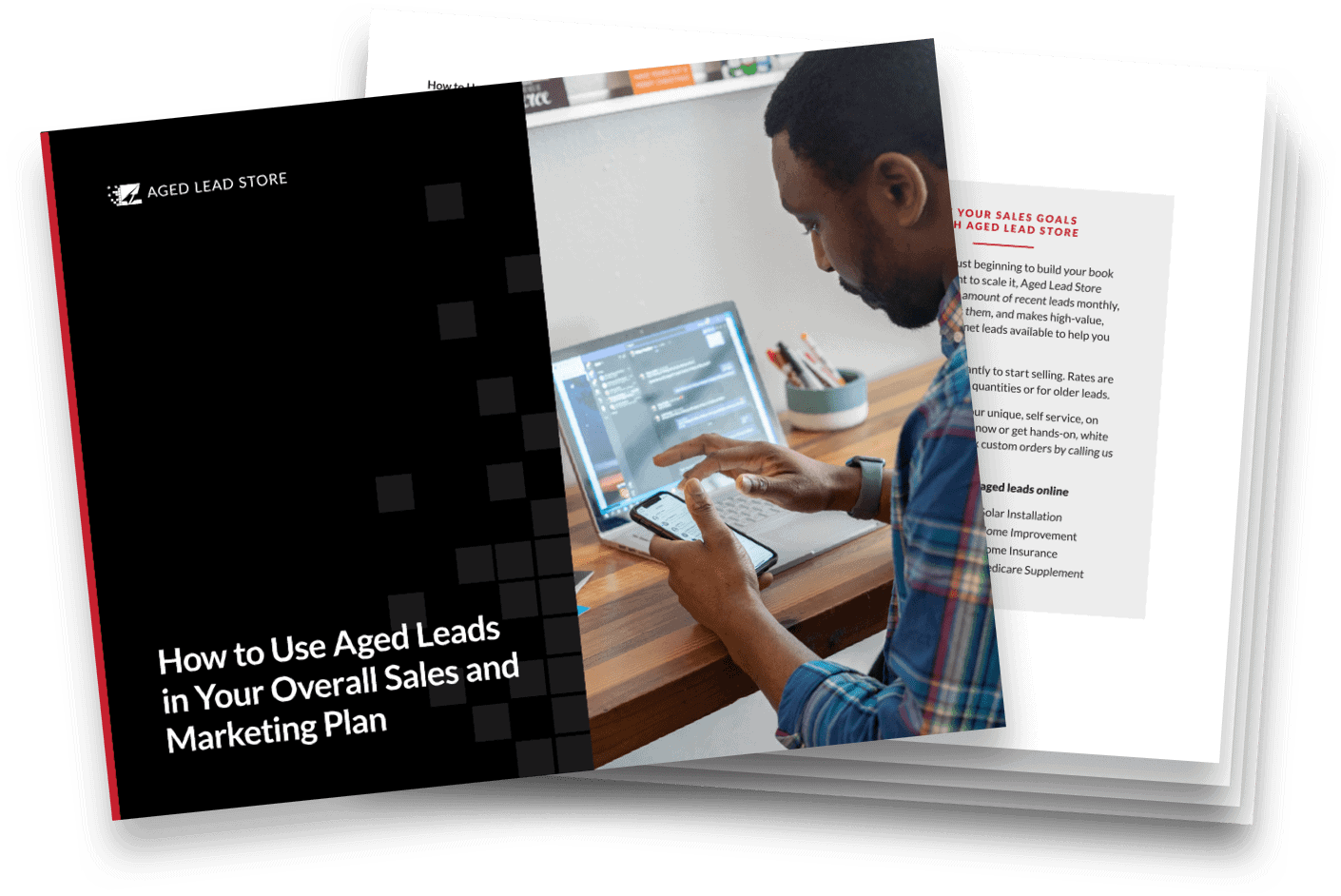 It’s a great time to be in the solar installation business. Big-name politicians, including President Obama and Hillary Clinton, are putting renewables on their to-do lists. Local authorities are extending programs to help property owners invest in renewable home energy solutions. Public opinion favors expanding and exploring renewable energy solutions. That’s not to say that it will be easy to sell solar leads on home installation.
It’s a great time to be in the solar installation business. Big-name politicians, including President Obama and Hillary Clinton, are putting renewables on their to-do lists. Local authorities are extending programs to help property owners invest in renewable home energy solutions. Public opinion favors expanding and exploring renewable energy solutions. That’s not to say that it will be easy to sell solar leads on home installation.
There are a number of unique challenges facing solar installation sales professionals. In many ways, selling to solar leads isn’t like selling to any other type of lead. Specifically, there are three problems you have to solve as you sell solar leads:
- Overcome customer knowledge gaps about the product.
- Establish your expertise and objectivity as you educate the customer.
- Support the customer through a complicated buying decision.
Meet these three needs and you’ll see a big improvement in your solar leads numbers. Here’s how.
Knowledge Gaps
Many leads you talk to may have limited knowledge of the solar installation process, the solar panels themselves, and how exactly a solar energy system works. They may also need education about government financing programs, the return on investment they can expect, and how other energy solutions compare.
Let’s be frank — it’s a tall order for a sales conversation. But all your existing sales skill still apply.
Listen more than you talk. You don’t need to educate your customer on every aspect of solar energy solutions, nor should you try to cover everything. Your words blur together and your lead may disengage. Instead, speak to your lead’s specific concerns.
Don’t focus on price alone. A home solar energy system can be a significant investment for a homeowner. But customers don’t buy based on price alone, whether you’re selling solar installations or something else. Customers buy products that fulfill their needs. If your lead appears too concerned with price, ask more questions so you can understand and speak to their objections.
Ask for the sale then shut up. Like all leads, at some point you’ll need to ask for the sale. Your lead can say three things: yes, no, or maybe. Qualifying your lead is important. Take the next step with your “yes” leads. Thank your “no” lead for his time and move on to the next prospect. For the “maybe” lead, you’ve got some more work to do. Find out those knowledge gaps and answer his remaining objections.
Here’s the good news. Research has shown that a lead’s interest in solar increases when they learn more about the system and its potential benefits. Many quality leads have a basic understanding of solar and how it could benefit their wallet, not to mention the environment. In educating your lead, your job is to find out what they want to know more about and tell them.
Expertise and Objectivity
Another unique challenge for those who sell solar leads: how to get the lead to trust you. This isn’t as easy as it sounds. When it comes to some other mainstream products — cars, insurance, and so on — prospects can easily ask friends for recommendations or do their own research. Solar energy is still a new industry. Not all your leads will have a friend who can vouch for the investment. Similarly, researching government renewable energy incentive programs, like those involving financing upfront cost through property tax liens, isn’t for the faint of heart or the casual customer.
No, your solar leads need you to be their guide, even though you’re in the business of selling them on a solar energy solution. To establish your expertise and objectivity, you’ll need to approach each sales conversation carefully.
Build trust throughout the sales interaction. Identify and mirror your prospects behavior and interests, where possible. Don’t exaggerate benefits or minimize objections or concerns. Guide your prospect to reliable third-party resources that help further answer their questions and concerns about the product and solar energy investments. Your prospects will reward you with more of their trust as you prove yourself to be a trustworthy, objective expert on the subject.
Customer Support Through the Decision Process
Lastly, one of the biggest stumbling blocks in solar sales can be an economic decision the customer is faced with. Prospects want to feel confident that they are making a sound decision, for themselves, for their home, and for the future of the planet.
The difficulty here is that a solar energy customer may consider any or all of the following in their decision:
- Electric utility cost projections over the next few decades.
- Future government renewable energy policies and incentives.
- The value of their home years or decades into the future.
- Future environmental concerns.
These are big questions that even the experts don’t fully have answers for. Importantly, you can’t fudge the facts here either — you need the trust of your prospect. What you can do? Direct your prospect to more reputable sources to answer their questions. Reign in their thought process a bit, making sure they focus most on benefits and features they identified as most important to them.
Lastly, don’t be afraid to help summarize. Yes, the future is unpredictable, but current energy policies are widely agreed to be unsustainable. Today solar is a less risky choice than other more volatile energy sources, such as fossil fuels.
Conclusion
Help your prospect overcome knowledge gaps, stay objective and trustworthy, and guide the prospect through the decision. You’ll have better luck as you sell solar leads on a sound investment for their future.
In need of high-quality solar leads for your solar installation business? Head over to the Aged Lead Store where you’ll find thousands of high-quality solar leads.













